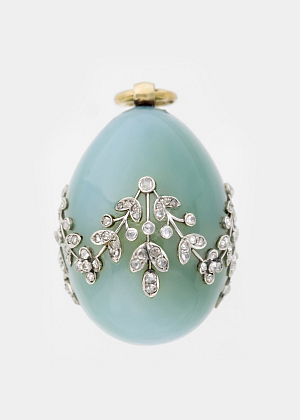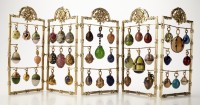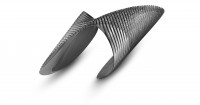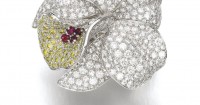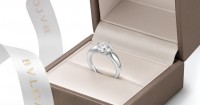Brief: Oklahoma City hosts largest collection of Fabergé objects outside of Russia
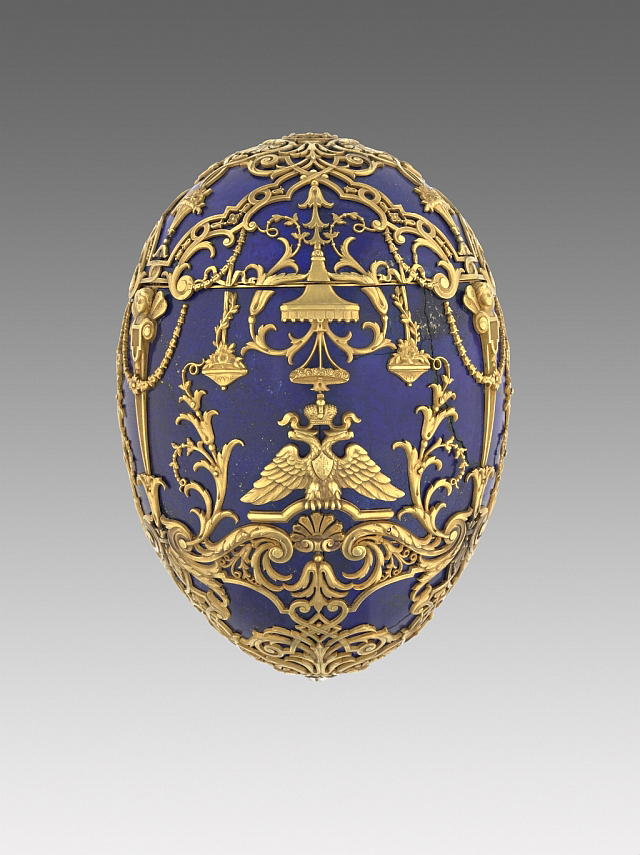
The Imperial Tsesarevich Easter Egg from 1912 stars in “Fabergé: Jeweler to the Tsars” at OKCMOA. Images courtesy of the Oklahoma City Museum of Art. *
BY KAREN AANONSEN
The Oklahoma City Museum of Art is preparing for a summer filled with fabled Russian treasure. From June 20 to September 27, the institution invites visitors to feast on “Fabergé: Jeweler to the Tsars,” an exhibition of 232 rare pieces created by the House of Fabergé. The largest public collection of Fabergé objects outside of Russia, the diverse display of sculptures, cigarette cases, photo frames, baubles, and more is on loan from the Virginia Museum of Fine Arts. Among the most dazzling items going on view at OKCMOA are four Imperial Easter eggs, including the Imperial Tsesarevich Easter Egg of 1912. A gift to Empress Alexandra from her husband, Emperor Nicholas II, the lapis lazuli and gold filigree egg opens to reveal a diamond encrusted Romanov family crest framing a portrait of the couple’s son, Alexei.
—June 2015
*Peter Karl Fabergé (Russian, 1846-1920). Imperial Tsesarevich Easter Egg, 1912. Virginia Museum of Fine Arts, Richmond. Bequest of Lillian Thomas Pratt. Photo: Katherine Wetzel. © Virginia Museum of Fine Arts.
**Peter Karl Fabergé (Russian, 1846-1920). Miniature Easter Egg Pendant, ca. 1900. Virginia Museum of Fine Arts, Richmond. Bequest of Lillian Thomas Pratt. Photo: Travis Fullerton. © Virginia Museum of Fine Arts.





